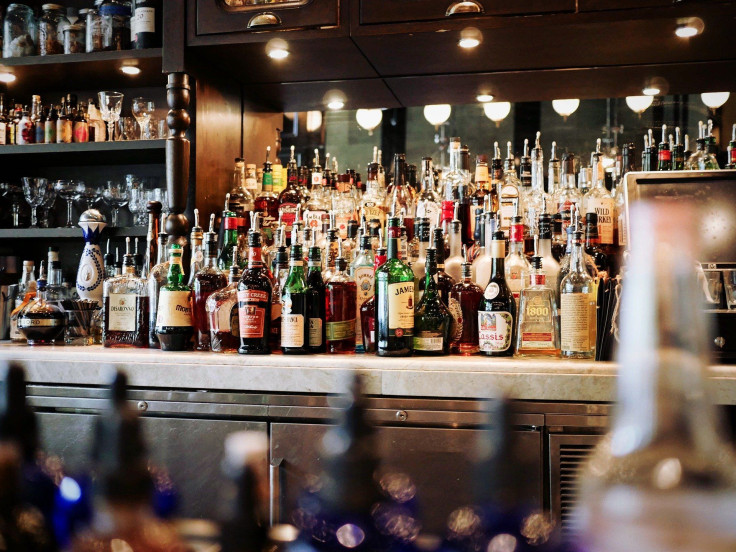COVID-Drinking Trends Are No Laughing Matter

As COVID-19 forces American families into their homes, a light-hearted phenomenon has popped up online: Wine Fairies.
Hundreds of Wine Fairy groups across the country now exist on Facebook, and the idea is simple: Collect addresses from local women looking for -- or willing to deliver -- free booze (sometimes in fancy gift baskets) anonymously, like a grown-up version of knock-and-run.
It’s an accepted part of modern culture that when the going gets tough, we drink more alcohol to chill out and escape. And what could be tougher than 2020? But here’s the problem: Alcohol-related deaths were on the rise, particularly in women, even before the pandemic started. And a social media trend – however light-hearted -- that promotes heavy alcohol use should be of some concern.
The U.S. Centers for Disease Control and Prevention (CDC) just released an analysis showing a steady, significant increase in alcohol-related deaths from 2006 to 2018 in both men and women, with women’s increase outpacing men’s. In 2006, 10.7 out of every 100,000 deaths were alcohol-related, but by 2018, it was 15.3 out of 100,000.
Another significant shift is in geography: Whereas the biggest urban areas used to have the highest alcohol-related death rates, now it’s shifted to small metro and rural areas.
A plethora of problems
Alcohol-related deaths in the CDC analysis were related to alcohol poisoning, as well as alcohol-induced heart, brain and liver damage, and acute pancreatitis. Some of these conditions kill quickly; others take many years of damage to become deadly. That means that alcohol use was not a new problem when the study was undertaken in 2006.
Messaging surrounding drinking
Men still die from alcohol-related causes more often than women do, but women are closing the gap.
Part of the issue, said Alison Bulman, LCSW, a psychotherapist in New York City, is the messaging that makes drinking sound like a fun bonding rite. In addition to Wine Fairies, we also have Mommy’s sippy cup, boo-zing for Halloween, wine o’clock memes, paint-and-sip girls’ night events and so on.
“I don’t find these references cute,” Ms. Bulman told Medical Daily. “I know too many mothers who’ve developed a serious dependency on alcohol that has damaged their relationships and family. There’s nothing funny about that. These terms minimize the impact drinking has on the family and are even dangerous. Making light of drinking is one of the main characteristics of denial that keeps people going at it for years, causing more harm to themselves and others.”
Ms. Bulman herself has been sober for 15 years and now specializes in helping others with alcohol and drug addiction.
Drinking our way through the pandemic
More people are reaching out to Ms. Bulman for help with alcohol during the pandemic, which isn’t all that surprising. “People are working from home, under additional stress, feeling isolated, bored and without the accountability of their boss and co-workers in the workplace,” she said.
A person might limit the number of drinks at a bar or restaurant because of concern about driving home. But when someone is already at home, there are fewer constraints. In the spring of 2020, the RAND Corporation surveyed 1,540 adults and found that women had a 41% increase in “heavy drinking” days (that’s four or more drinks within a couple of hours) compared to pre-pandemic days.
The take-home
While drinking may temporarily lower your stress, it can also harm you physically and emotionally in the long term, leading to a range of problems that can kill you. And what fun is that? Exercise and meditation are healthier ways to deal with stress.
Ms. Bulman said that if you realize your alcohol use has reached problematic levels, you should reach out to a therapist who specializes in substance use (many offer telehealth visits right now) and look up AA meetings.
“Many of them are currently offered on Zoom, so you have access to meetings around the country and the world. There’s never been a more convenient time to get sober,” she said.
Jenna Glatzer (jennaglatzer.com) is the author or ghostwriter of more than 30 books, including Celine Dion’s authorized biography. She lives in New York.



























